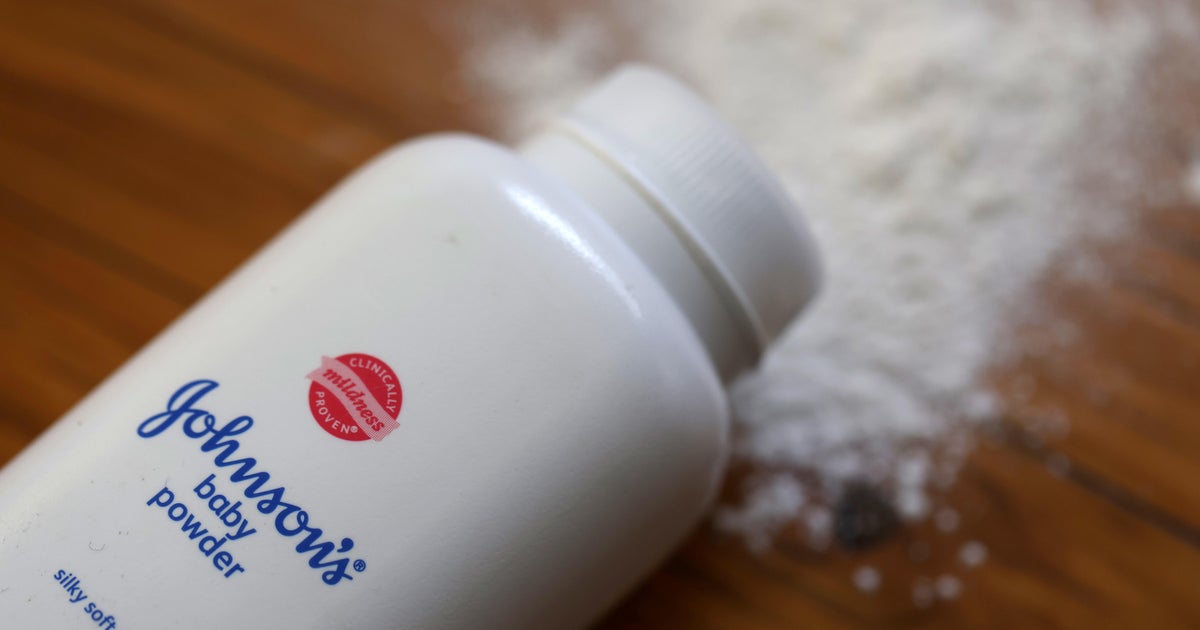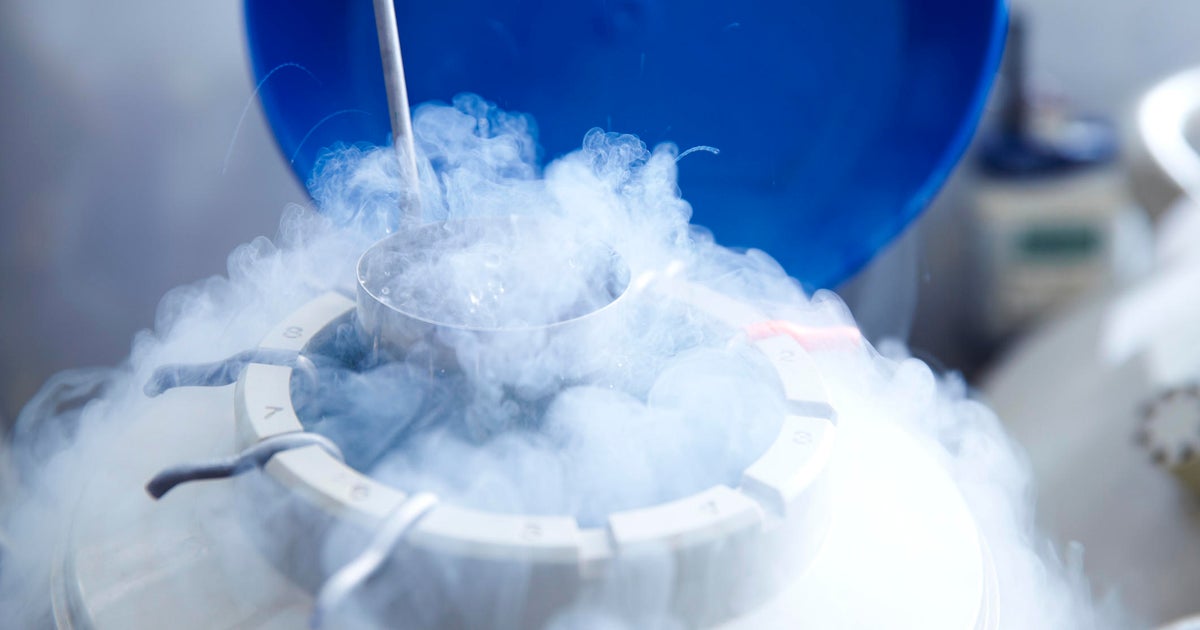Judge conditionally approves Purdue Pharma opioid settlement, shielding Sackler family from future lawsuits
The opioid epidemic killed over 500,000 Americans and drove the makers of OxyContin into bankruptcy. But the reorganization plan conditionally approved by a federal judge Wednesday protects what some call "the most evil family in America" from any civil liability.
Under the plan, the Sackler family would forfeit ownership of Purdue Pharma, turn over more than 30 million documents and pay $4.5 billion. In return, the Sackler family would be shielded from an onslaught of lawsuits. Purdue has said the settlement overall will be worth about $10 billion, which includes the value of addiction treatment and overdose antidote drugs it is developing.
William Tong, the attorney general of Connecticut, where the pharmaceutical giant is based, vowed to fight the settlement.
"The bankruptcy laws should not allow the rich and the powerful, like the Sacklers, to avoid liability for their misconduct, when they're not bankrupt," Tong said. "As far as I can tell, no Sackler will have to sell a boat or a house or a piece of art."
The court's decision is a gut punch for Tony LaGreca of Massachusetts. He blames the Sackler family for the death of his 41-year-old son.
"They are mass murderers," LaGreca said. "How many drug dealers killed 500,000 people? The Sacklers killed 500,000 people, knowingly lying and pushing doctors to push this drug."
His son, Matthew, got hooked on OxyContin after a football injury at age 22. A 20-year opioid addiction ended in a methadone overdose in 2014.
"When his birthday comes, it's like getting stabbed every time," LaGreca said.
Under the court settlement, families like LaGreca's would get payments anywhere from $3,500 to $48,000. A majority of states have accepted the plan, but others plan to appeal.
"I think a lot of my colleagues know that this process was stacked from beginning. They knew that the Sacklers were betting on a broken bankruptcy system," Tong said. "Let's be clear, the Sacklers are not bankrupt. Nobody thinks for a second that they have no money."
The settlement would deny many families what they want most: their day in court. But LaGreca and others will press on with the fight.
"We're not done with 'em. Until the day I die, and I plan in living into my nineties," 73-year-old LaGreca said.
Purdue Pharma said Wednesday that the settlement was "fair" and "in the public interest." Sackler family members said while they dispute allegations about their family, "we are truly sorry for the suffering and loss people have experienced."
"It says to me that they could care less," LaGreca said. "When somebody kills somebody, justice is seeing somebody go to jail."
LaGreca visits his son's grave three or four times each week. His son is buried in the family plot, not far from other high school classmates who suffered a similar fate.
"I'm sorry I didn't do what I could do, but I can do what I can do now," LaGreca said.




